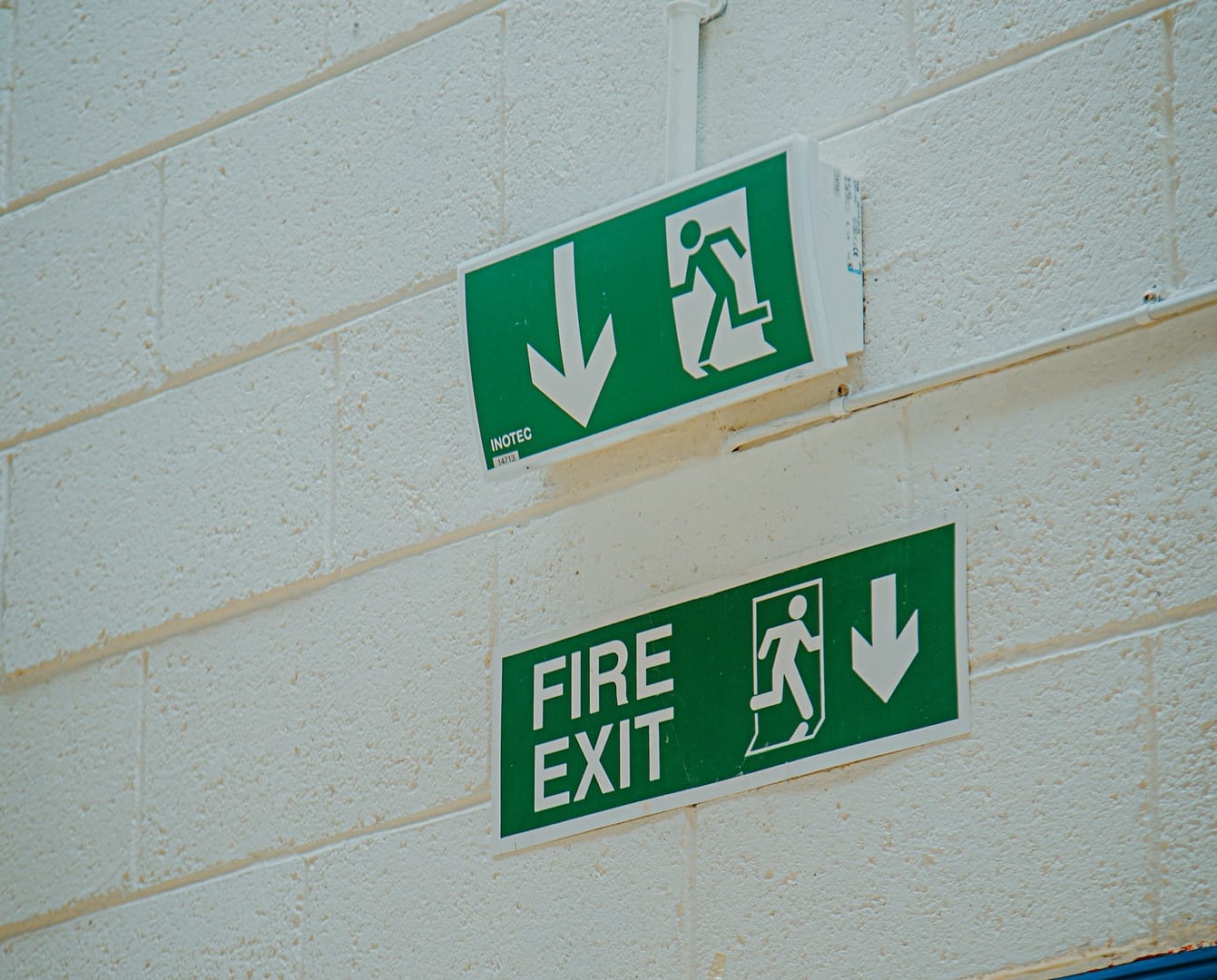Personal injury claims arise when an individual suffers harm as a result of an accident, negligence, or intentional wrongdoing by another party. These claims can stem from a variety of incidents, such as car accidents, medical malpractice, workplace injuries, or slip-and-fall accidents. In the legal process of personal injury claims, one of the key questions that many claimants and defendants ask is how many personal injury cases actually go to court. While the general perception is that most claims will be resolved in court, the reality is that the vast majority of personal injury claims are settled outside of court.
In the UK, the majority of personal injury claims are settled out of court, with only a small fraction of cases proceeding to trial. Generally, statistics show that less than 5% of personal injury claims actually go to court. This trend is driven by several factors, including the desire to avoid the time, cost, and uncertainty associated with litigation.
Key Statistics and Trends:
- Less than 5% of Claims Go to Court: Most personal injury claims, particularly those involving road traffic accidents, medical negligence, and workplace injuries, are resolved through settlements before reaching a courtroom
- Whiplash Reforms: Since the introduction of reforms aimed at tackling minor injury claims (especially whiplash), the number of claims going to court has further decreased. The reforms were designed to reduce the volume of cases that proceed through formal litigation
- High Settlement Rate: The vast majority of claims are settled after negotiation or alternative dispute resolution methods, which is more efficient and less costly than a trial. Insurers and claimants alike often prefer this route to avoid the unpredictability and expense of court trials.
Why Do So Few Personal Injury Claims Go to Court?
Several factors contribute to why personal injury claims are rarely pursued in court. Below, we’ll explore the reasons behind this trend and the factors that influence whether a case goes to trial or is settled.
1. Cost and Time Considerations
One of the primary reasons that personal injury cases are resolved through settlement is the cost and time involved in going to trial. Trials are not only expensive but also time-consuming. The costs associated with taking a case to court can include legal fees, expert witness fees, court costs, and other expenses that both parties want to avoid if possible.
For claimants, litigation can extend the amount of time it takes to receive compensation for their injuries. In some cases, trials can drag on for months or even years, causing additional financial strain. For defendants, a trial can be particularly costly, especially if the case involves expert witnesses, medical evaluations, and other expenses.
Settling outside of court is often seen as a more cost-effective solution. Both parties can avoid the expenses of a lengthy trial by agreeing to a settlement. The Claimants can receive compensation much faster than waiting for a trial, and defendants can avoid the financial and reputational risks associated with courtroom battles.
2. Uncertainty of Court Outcomes
Another reason why personal injury cases are typically settled before reaching a courtroom is the uncertainty of trial outcomes. No matter how strong the evidence may seem, there is always a degree of unpredictability in how a judge or jury will rule. This uncertainty makes trials risky for both claimant and defendants.
For claimants, even if they have a compelling case, there is no guarantee that they will win a favourable verdict in court. Juries may be swayed by factors beyond the merits of the case, such as the demeanour of witnesses or the skill of the solicitors involved. As a result, many claimants opt for settlement to guarantee a certain amount of compensation instead of risking a trial with an unknown outcome.
For defendants, the risks of trial are also significant. In many personal injury cases, the defendant may be facing substantial financial damages if the case goes to trial. This is particularly true in cases involving serious injuries, medical malpractice, or wrongful death. Settling the case out of court allows the defendant to minimise the financial risk and avoid the unpredictability of a trial.
3. Desire for Privacy
Another significant reason for the preference to settle personal injury claims outside of court is the desire for privacy. Court cases are public, and the details of the case—whether they relate to the claimaints injuries, the defendant’s conduct, or any other aspect—become part of the public record. For many people and businesses involved in personal injury claims, maintaining privacy is important to avoid reputational damage or unwanted publicity.
4. Faster Resolution
Time is of the essence in personal injury claims. For claimants who are injured and potentially facing significant medical bills, lost wages, and emotional distress, a quick resolution is crucial. Going to trial can take months or even years, which can delay the financial compensation the claimant needs to recover or move forward.
In contrast, settlements can be reached much faster. Once both parties have agreed to the terms, the settlement can be finalised and the claimant compensated within a matter of weeks or months, rather than waiting for a prolonged trial process. This swift resolution is a key factor in why settlements are so popular in personal injury cases.
5. Control Over the Outcome
One of the reasons why settlements are so appealing is that they allow both parties to have more control over the outcome. In a trial, the decision is ultimately made by a judge or jury, and neither party has any influence over the verdict. With a settlement, both parties can negotiate and reach a mutually agreed-upon resolution.
For the claimant, a settlement allows them to secure compensation that they deem fair, while also avoiding the stress and uncertainty of a trial. For the defendant, a settlement can mitigate the risk of a potentially larger financial award that could result from a jury verdict. Both parties benefit from the flexibility and control that settlements offer.
When Do Personal Injury Cases Go to Court?
While most personal injury claims are settled outside of court, there are situations where a case may proceed to trial. Some of the key factors that may lead to a case going to court include:
- Disputed Liability: If the defendant denies responsibility for the injury or if there is a disagreement over who is at fault, the case may go to trial to resolve the dispute.
- Unreasonable Settlement Offers: If the defendant offers an insufficient settlement that does not adequately compensate the claimant for their injuries, the claimant may choose to go to trial in order to seek a larger award.
- Complex Cases: In some instances, particularly with complex legal or medical issues, settlement negotiations may break down, leading to a trial.
- Emotional and Psychological Factors: In cases where the injured party feels strongly about seeking justice or where the injury is particularly severe, the claimant may choose to go to trial despite the risks.
Conclusion
In conclusion, while personal injury cases are typically settled outside of court, a small percentage—less than 5%—go to trial. The reasons for this low percentage are varied and include the costs, uncertainty, and privacy concerns associated with litigation. However, when liability is disputed, settlement offers are deemed insufficient, or a case is particularly complex, a trial may still be necessary. Ultimately, the decision of whether a personal injury case goes to court depends on the specifics of the case and the willingness of both parties to negotiate a settlement. If you’re unsure about your situation, don’t hesitate to contact National Claims. We’ll connect you with one of the top solicitors in the field, dedicated to securing the best possible outcome for your case. Let us guide you every step of the way, ensuring your claim is handled professionally and effectively.
Free Consultation with National Claims
Start with a free consultation with us, where we’ll listen carefully to your experience and assess the extent of your injury. We’ll provide you with initial guidance on whether you have a strong claim, helping you understand your rights and options. From there, we’ll connect you with a solicitor from our panel who specialises in personal injury cases and will guide you through the next steps.
*No Win, No Fee
At National Claims, we believe that everyone deserves access to legal support when dealing with personal injury. That’s why we work on a “No Win, No Fee” basis—meaning you won’t pay any upfront legal fees. The solicitors fees are payable fees if your claim is successful, allowing you to take action against your claim without financial worry.
*Customers pay up to 25% (incl. VAT) of the amount recovered towards solicitor costs and if you cancel outside your cooling off period, you may be charged a fee.
No Win, No Fee*
National Claims believes that everyone deserves access to justice when they’ve been harmed by personal injury. We operate on a “No Win, No Fee” basis, meaning there are no upfront legal fees for you to worry about. Our fees are contingent upon the success of your claim, allowing you to pursue your case with peace of mind.
*Customers pay up to 25% (incl. VAT) of the amount recovered towards solicitor costs and if you cancel outside your cooling off period, you may be charged a fee.
Contact us today to speak to one of our claims agents who will be able to help you get started on your claim.
Click below to see why we are one of the most trusted claims management companies in the UK.

We’re proud of our excellent customer reviews
We thrive on delivering exceptional service and ensuring our clients’ satisfaction. Don’t just take our word for it. Check out some of our independent reviews to see what our clients have to say.
Excellent

This firm is excellent, they sorted out my car pay out and injury claim very fast, they always communicate with you all the time.

My accident case was dealt with confidence and with great result of the outcome, especially James kept me informed all the time.

I was very impressed at the way my inquiry was treated. I was listened to attentively and everything I needed to know was explained to me.






